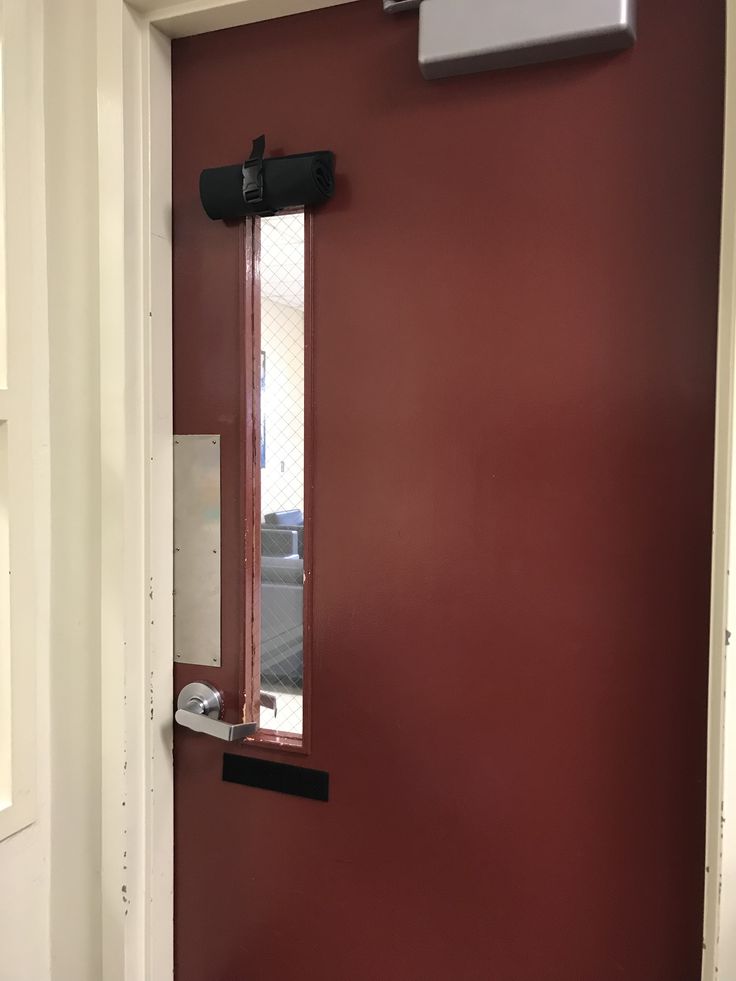Late Student Loan Payments: A Guide To Credit Repair

Table of Contents
Understanding the Impact of Late Student Loan Payments on Your Credit Score
Late student loan payments have serious repercussions for your financial well-being. Understanding this impact is the first step towards effective credit repair. When you miss a payment, your loan servicer reports this delinquency to the three major credit bureaus: Experian, Equifax, and TransUnion. This negative information significantly impacts your credit score, making it harder to secure future loans, rent an apartment, or even get a job in some cases.
-
Lower FICO Scores: Late payments directly translate to a lower FICO score, a crucial number lenders use to assess your creditworthiness. A lower score means higher interest rates on future loans, credit cards, and mortgages, costing you significantly more money over time. The impact on your FICO score depends on the severity and frequency of late payments.
-
Difficulty Obtaining Loans: Lenders view late payments as a sign of financial instability. A poor credit history resulting from late student loan payments makes it significantly more difficult—and potentially impossible—to secure loans for a car, house, or even smaller personal loans.
-
Beyond Credit Scores: The consequences extend beyond just your credit score. Repeated late payments can lead to wage garnishment, where a portion of your paycheck is automatically deducted to pay your debts. Landlords often check credit reports, and a history of late payments might make it difficult to secure an apartment rental.
-
Bullet Points:
- Late payments remain on your credit report for 7 years.
- Each late payment negatively affects your credit score.
- A significant number of late payments can severely damage your creditworthiness.
- Late payments can increase your interest rates on future loans.
- Late payments can affect your ability to rent an apartment or secure employment.
Strategies for Addressing Late Student Loan Payments
Once you understand the severity of the situation, it's crucial to take immediate action. Proactive steps can mitigate further damage and pave the way for credit repair.
Contacting Your Loan Servicer
The first and most crucial step is to contact your loan servicer immediately. Open and honest communication is key. Don't avoid calls or letters; address the issue head-on. Explain your situation and explore available options to prevent further delinquency. Your servicer may offer:
- Forbearance: This temporarily suspends your payments, but interest usually still accrues.
- Deferment: This postpones your payments, and in some cases, interest may also be suspended.
- Income-Driven Repayment Plans (IDRs): These plans adjust your monthly payments based on your income and family size, making them more manageable. Examples include Income-Based Repayment (IBR), Pay As You Earn (PAYE), and Revised Pay As You Earn (REPAYE).
Creating a Budget and Debt Management Plan
Effective debt management requires a realistic budget. Track your income and expenses meticulously to identify areas where you can cut back. Prioritize your student loan payments, ensuring they are paid on time, even if it means making small sacrifices in other areas.
- Budgeting Tools: Use budgeting apps or spreadsheets to visualize your spending habits and identify areas for improvement.
- Debt Snowball/Avalanche Method: Consider using a debt repayment strategy like the debt snowball or avalanche method to systematically pay off your debts.
- Prioritize Essential Expenses: Focus on necessities like housing, food, and transportation, while cutting back on non-essential expenses.
Exploring Debt Consolidation Options
Debt consolidation involves combining multiple loans into a single loan with potentially more favorable terms. This can simplify your payments and potentially lower your interest rate, making it easier to manage your debt. However, carefully weigh the pros and cons before consolidating. Some drawbacks may include higher overall interest paid over the life of the loan, or fees associated with the consolidation process.
-
Federal Consolidation: The federal government offers loan consolidation programs for federal student loans.
-
Private Consolidation: Private lenders also offer consolidation options, but these often come with higher interest rates and fees.
-
Bullet Points:
- Negotiate a repayment plan with your lender.
- Explore government programs for student loan assistance.
- Track your spending and identify areas for savings.
- Consider seeking professional financial advice from a credit counselor or financial advisor.
Repairing Your Credit After Late Student Loan Payments
Even after addressing late payments, rebuilding your credit takes time and consistent effort.
Monitoring Your Credit Report
Regularly checking your credit reports from all three major bureaus is crucial. Look for any errors or inaccuracies that could be negatively impacting your score. You can obtain free credit reports annually from AnnualCreditReport.com.
Dispute Inaccurate Information
If you find any inaccurate information on your credit report, immediately dispute it with the respective credit bureau. Follow their procedures carefully and provide supporting documentation.
Building Positive Credit History
Once you've addressed the immediate issue of late payments, focus on rebuilding positive credit history.
-
On-Time Payments: The most significant factor in your credit score is consistent on-time payments. Make all your payments on time going forward.
-
Low Credit Utilization: Keep your credit utilization ratio low (ideally under 30%). This is the amount of credit you're using compared to your total available credit.
-
Secured Credit Card: Consider applying for a secured credit card, which requires a security deposit. Responsible use of a secured card can help rebuild your credit over time.
-
Bullet Points:
- Regularly check your credit reports from all three major bureaus.
- Follow the proper channels to dispute errors.
- Pay all your bills on time.
- Keep your credit utilization low (ideally under 30%).
- Consider a secured credit card to rebuild credit.
Conclusion
Dealing with late student loan payments can be challenging, but proactive steps toward credit repair can significantly improve your financial future. By understanding the impact of late payments, communicating effectively with your loan servicer, and implementing sound financial strategies, you can rebuild your credit score and regain financial stability. Remember, taking control of your student loan debt and actively repairing your credit is crucial for long-term financial well-being. Don't hesitate to seek professional help if needed. Start your journey to improved credit by contacting your loan servicer and developing a comprehensive plan to manage your student loan payments effectively. Take control of your financial future and start repairing your credit today!

Featured Posts
-
 Heavy Rare Earths Revolution Lynas Emerges As Top Producer Outside China
May 17, 2025
Heavy Rare Earths Revolution Lynas Emerges As Top Producer Outside China
May 17, 2025 -
 7 Bit Casino Review A Top Choice For New Zealand Players
May 17, 2025
7 Bit Casino Review A Top Choice For New Zealand Players
May 17, 2025 -
 Srbi I Kupovina Stanova U Inostranstvu Trend Rasta I Popularne Destinacije
May 17, 2025
Srbi I Kupovina Stanova U Inostranstvu Trend Rasta I Popularne Destinacije
May 17, 2025 -
 Florida School Safety Lockdown Effectiveness And Generational Differences
May 17, 2025
Florida School Safety Lockdown Effectiveness And Generational Differences
May 17, 2025 -
 Teisejo Klaida Leme Pistons Ir Knicks Rungtyniu Rezultata Oficialus Pripazinimas
May 17, 2025
Teisejo Klaida Leme Pistons Ir Knicks Rungtyniu Rezultata Oficialus Pripazinimas
May 17, 2025
Latest Posts
-
 Fortnite Details On The New Icon Series Skin
May 17, 2025
Fortnite Details On The New Icon Series Skin
May 17, 2025 -
 Fortnite Reveals A New Icon Skin Collaboration
May 17, 2025
Fortnite Reveals A New Icon Skin Collaboration
May 17, 2025 -
 Fortnite Developer Epic Games Accused Of Widespread Deceptive Practices
May 17, 2025
Fortnite Developer Epic Games Accused Of Widespread Deceptive Practices
May 17, 2025 -
 Fortnite Refund Indicates Potential Overhaul Of Cosmetic System
May 17, 2025
Fortnite Refund Indicates Potential Overhaul Of Cosmetic System
May 17, 2025 -
 Improved Fortnite Item Shop Navigation A New Player Feature
May 17, 2025
Improved Fortnite Item Shop Navigation A New Player Feature
May 17, 2025
